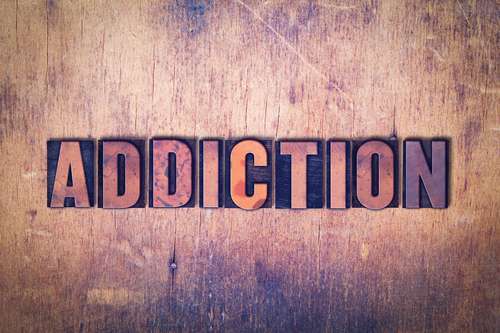If you are struggling with addiction, you likely have a close relative who does too. It may be a parent, grandparent, aunt, uncle, or sibling. It may be a child or grandchild. There are many reasons that addiction tends to run in families.
About half of addiction is genetic.
There are many ways genes affect addiction. Although addictions are much alike, there are many ways to get there. Dozens of genes related to addiction have been identified. Some of them affect how alcohol is metabolised in the liver, while some affect how strongly the brain responds to a particular substance. Someone who metabolises alcohol poorly and gets sick from one drink is not likely to become an alcoholic. Someone who never gets sick from drinking but gets a lot of pleasure from it is in much more danger.
Similarly, genes affect other mental health issues associated with addiction. Depression, bipolar disorder, ADHD, and schizophrenia all have a strong genetic component and a high correlation with addiction.
You learn what’s normal by watching your parents.
How your parents act at home becomes your baseline for normal behaviour. If your parents don’t drink at all, you grow up thinking that’s normal. If they drink a lot, you think that’s normal. It’s difficult to shake this early judgement, even as we see that our friends’ families behave much differently. If you do struggle with addiction later, the nagging feeling that drinking is normal makes it harder to quit. You feel like you’re being deprived of a normal activity that everyone else gets to do.
You are exposed to more adverse childhood experiences.
Adverse childhood experiences, or ACEs, are highly correlated to addiction. These include things like being abused or neglected, or witnesses abuse. Children are easily frightened when their parents argue, especially if those arguments are violent. Feeling unsafe at home often leads to addiction later in life.
You have access to alcohol or drugs at an early age.
Early use is a major predictor of addiction. Many people who struggle with addiction first try drugs or alcohol when they are younger than 12. It’s hard for children that young to get drugs or alcohol unless they are already in the house and their parents aren’t really paying attention, or even encouraging their children to use.
You repeat the patterns you see.
Many children of parents who struggle with addiction grow up believing they have to extra accommodating. They often end up in co-dependent relationships with other people struggling with addiction. They often end up addicted themselves. It’s difficult to break out of this cycle when you’re facing not only addiction but what seems to you to be love and validation.
None of these factors mean a child raised by addicted parents will definitely struggle with addiction. They are only challenges to be overcome. Overcoming them means your own children will be less likely to face the same struggle.
Castle Craig Hospital is a landmark of addiction and mental health treatment in Scotland, serving the UK, the EU, and patients from all over the world. Our commitment to long term abstinence has created a successful programme of clinical and complementary therapies for mind, body, and spirit. Serving over 10,000 patients for more than 25 years, the Castle Craig model is proven in changing lives. Call our free confidential phone-line for information: 01721 546 263. From outside the UK please call: +44 808 271 7500


